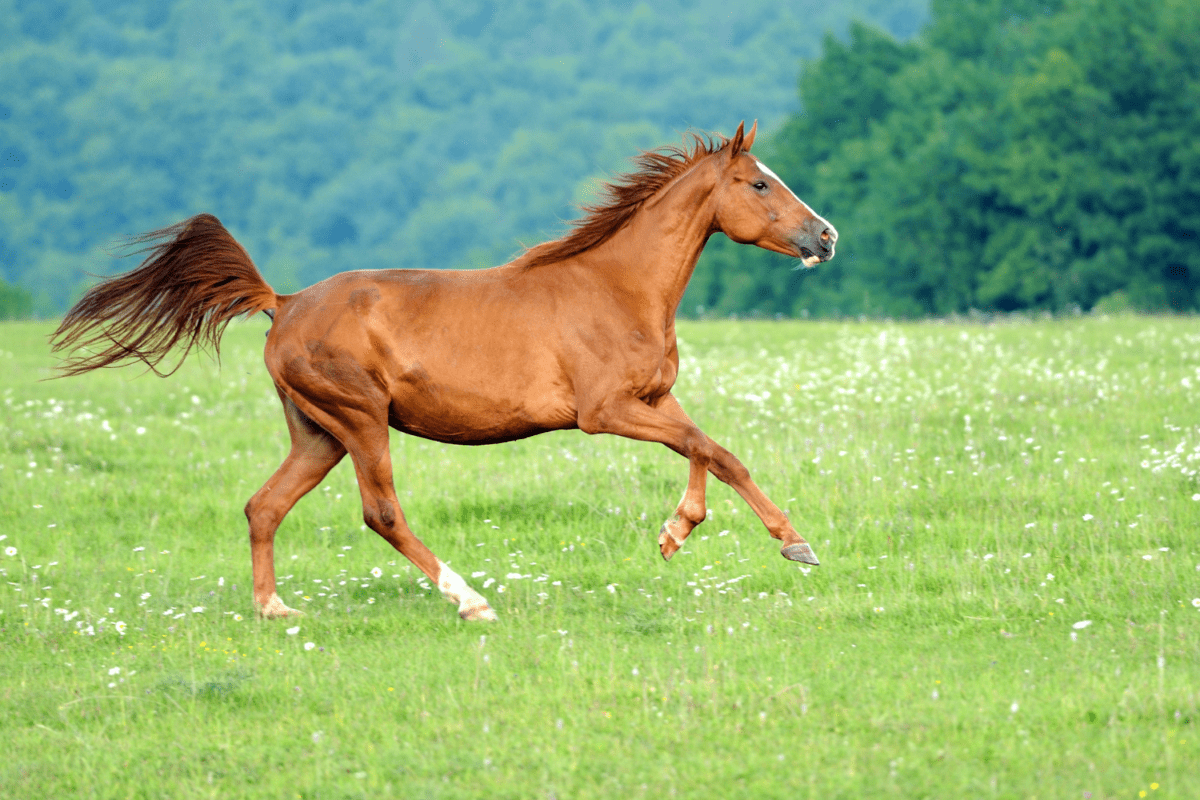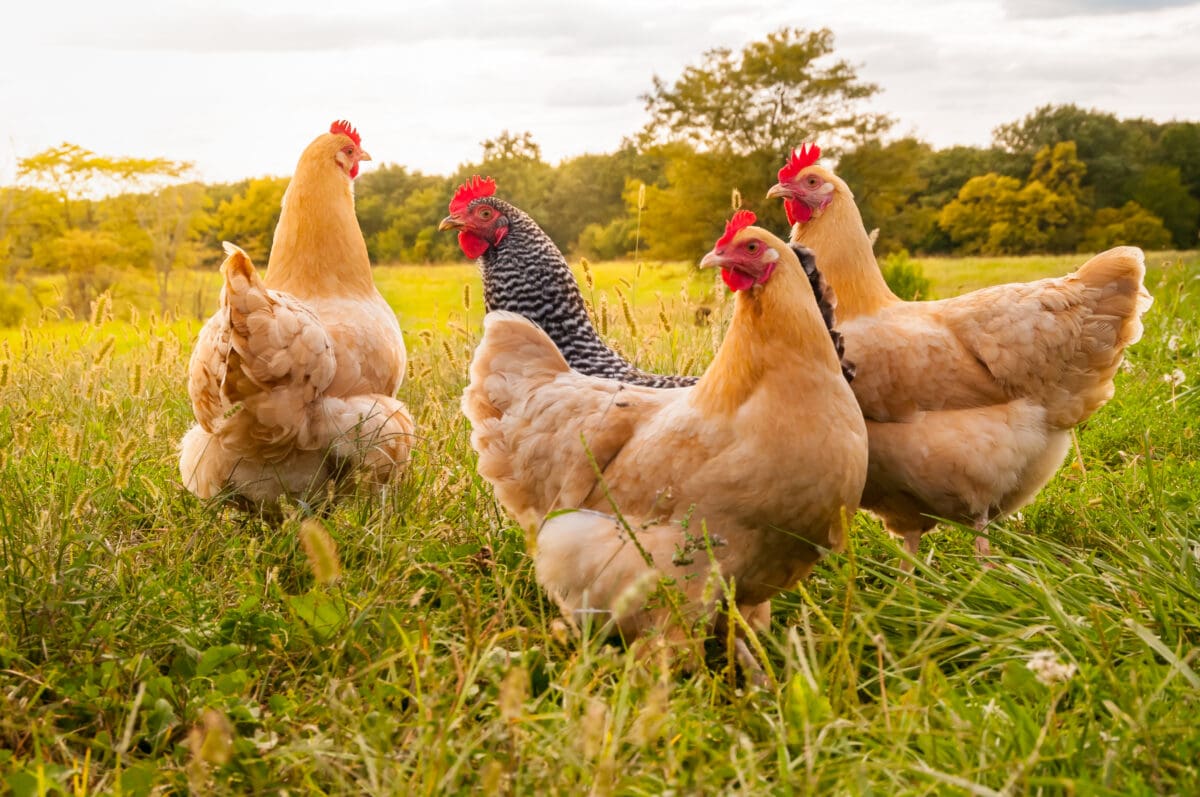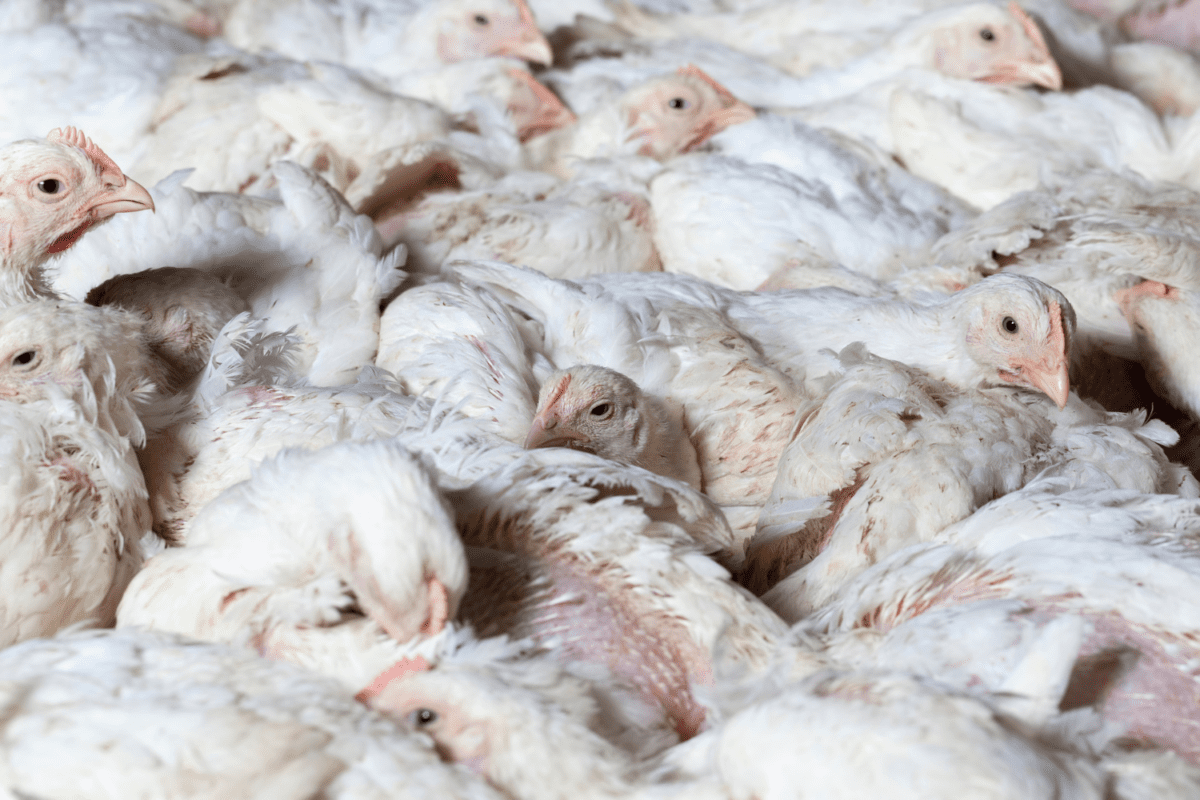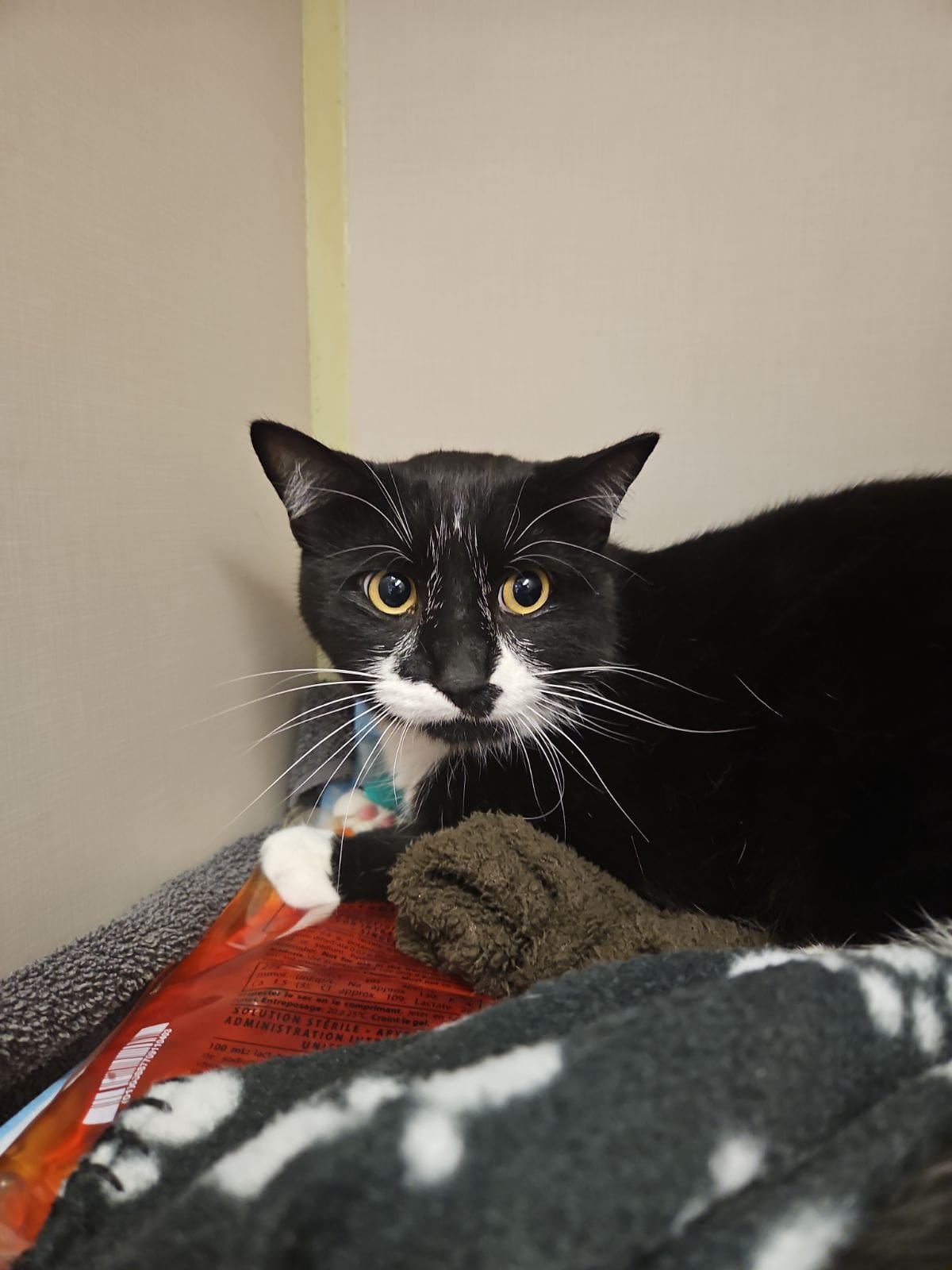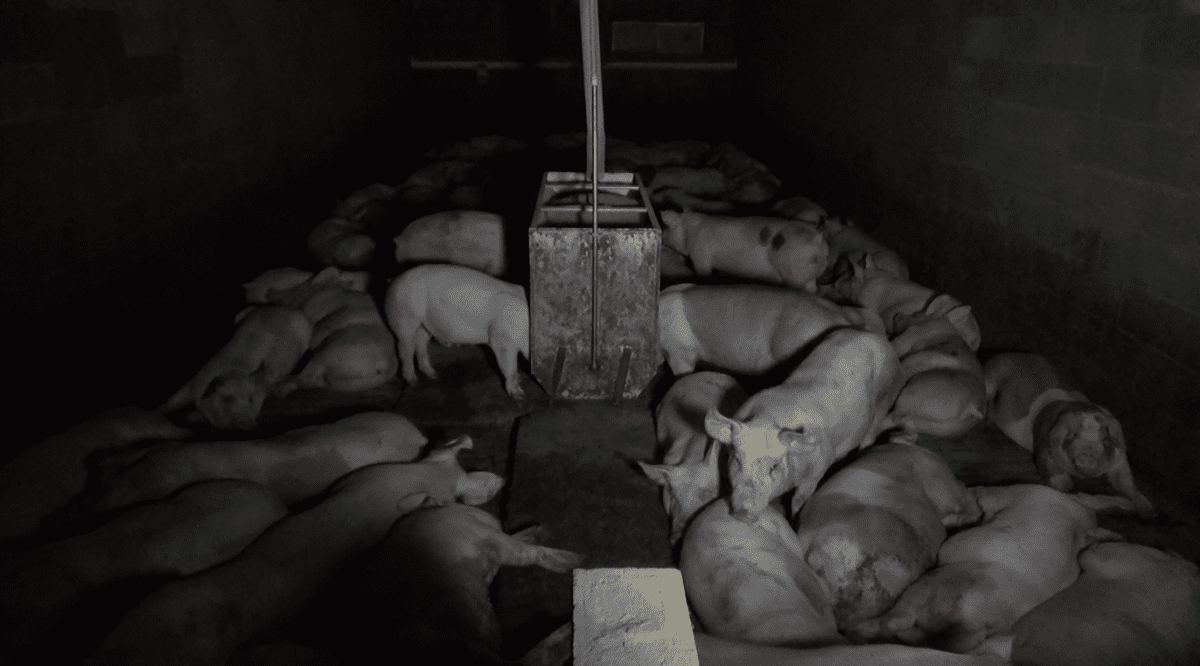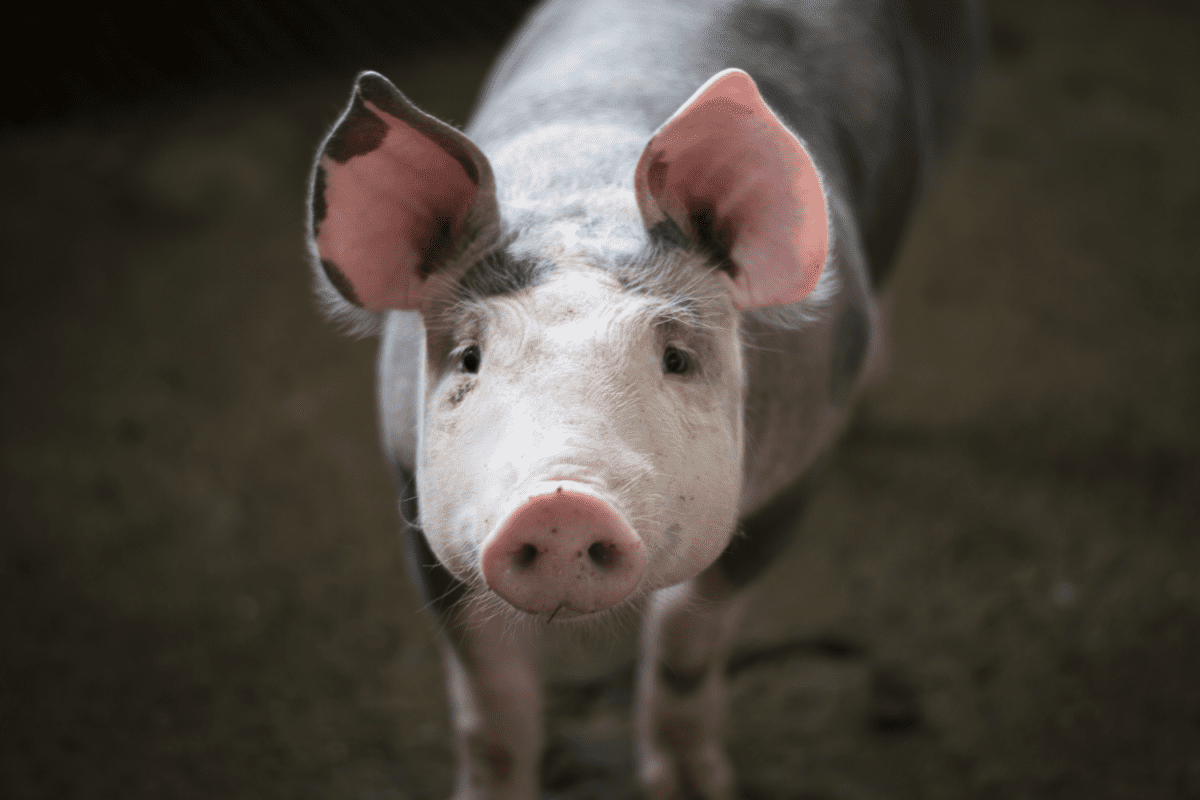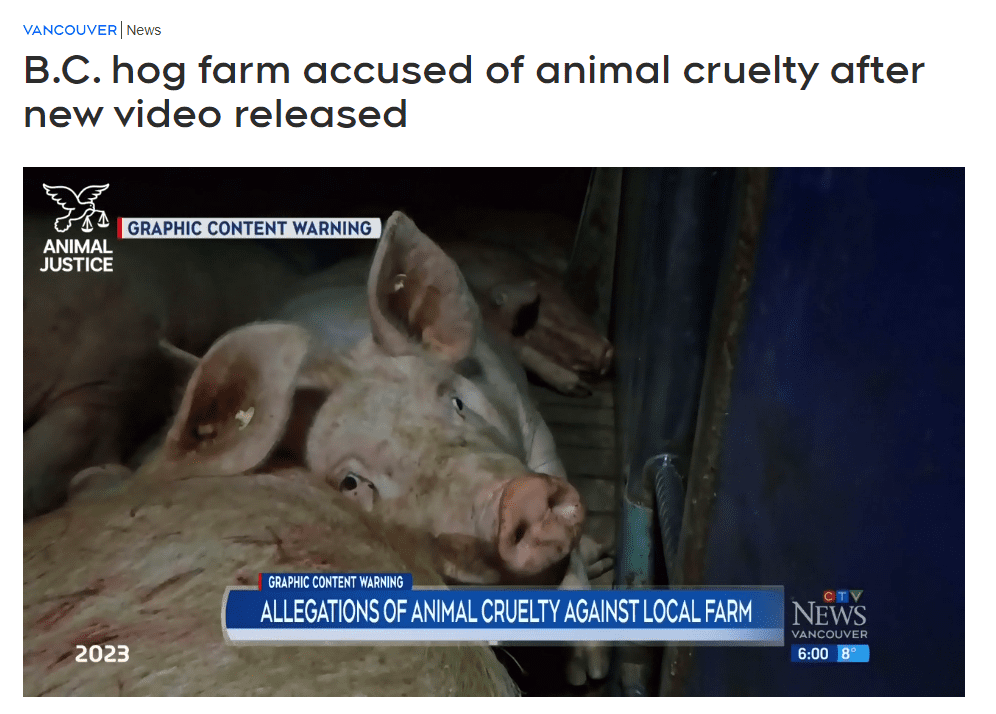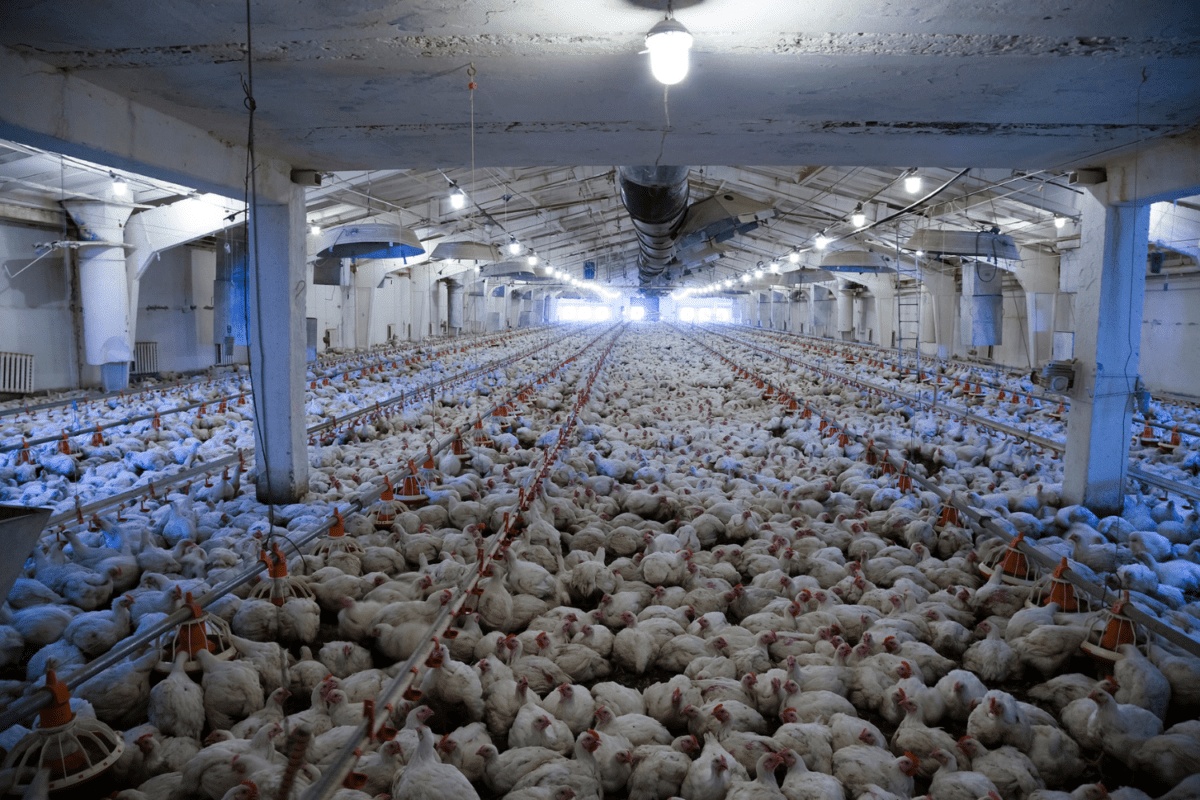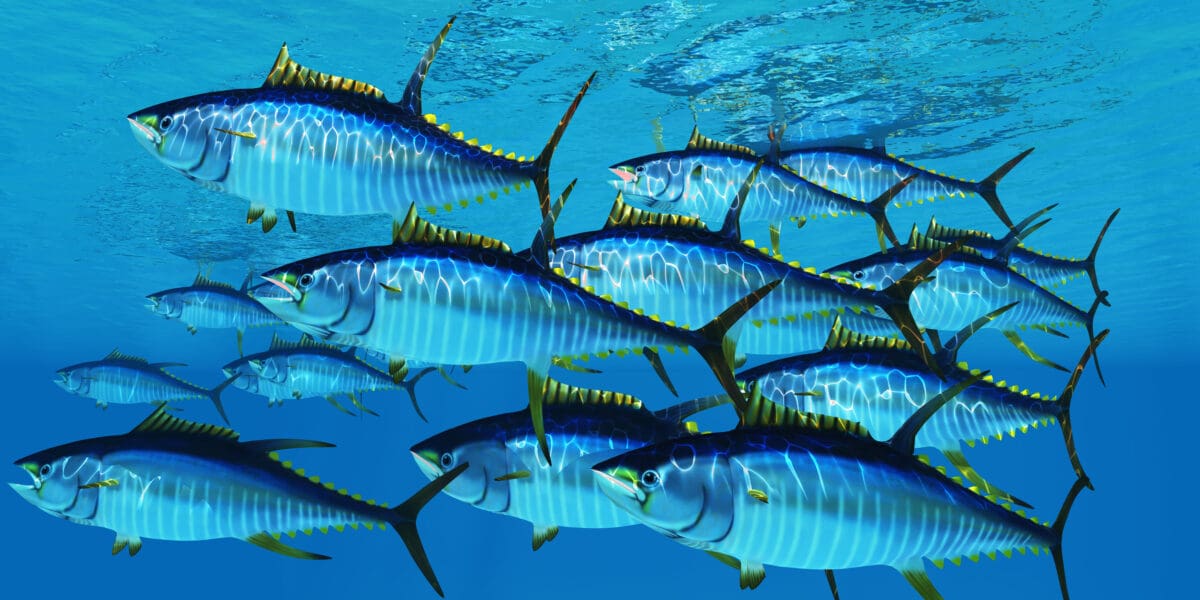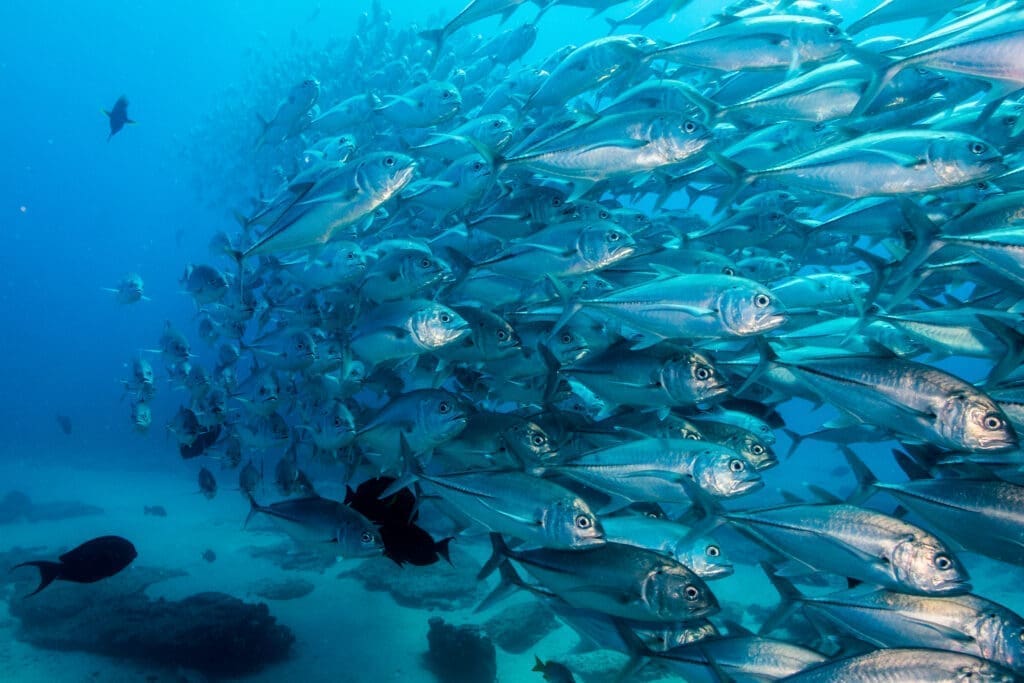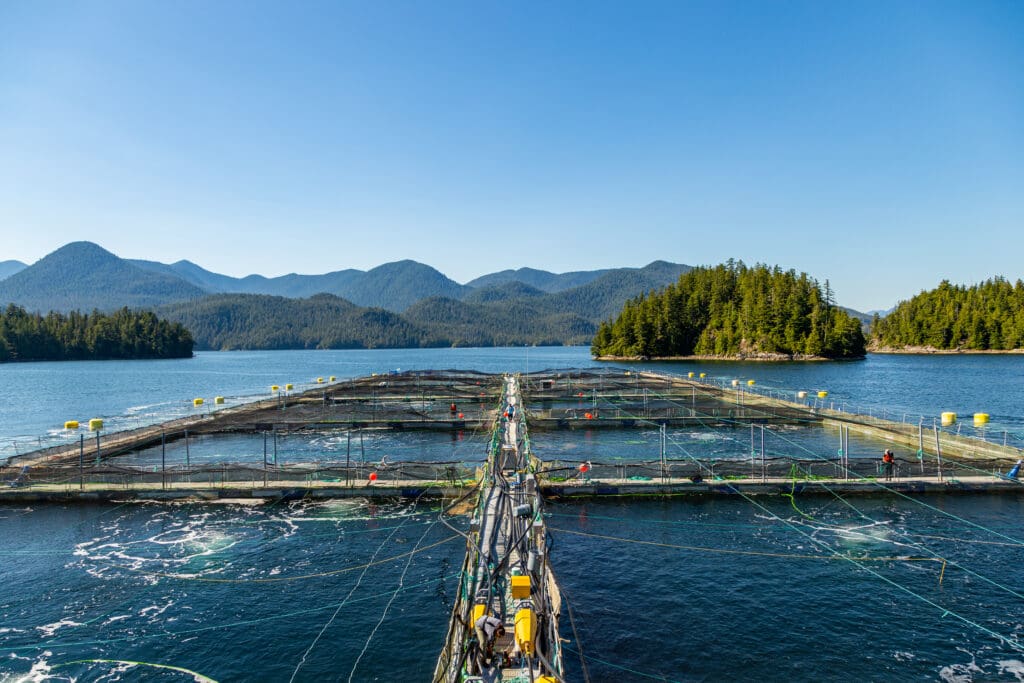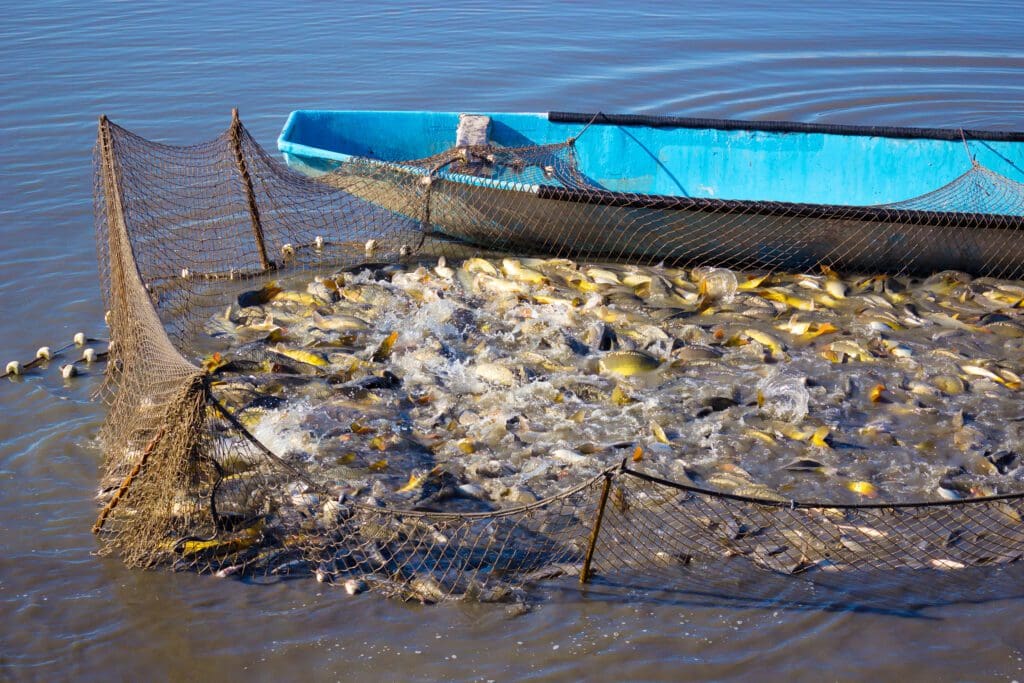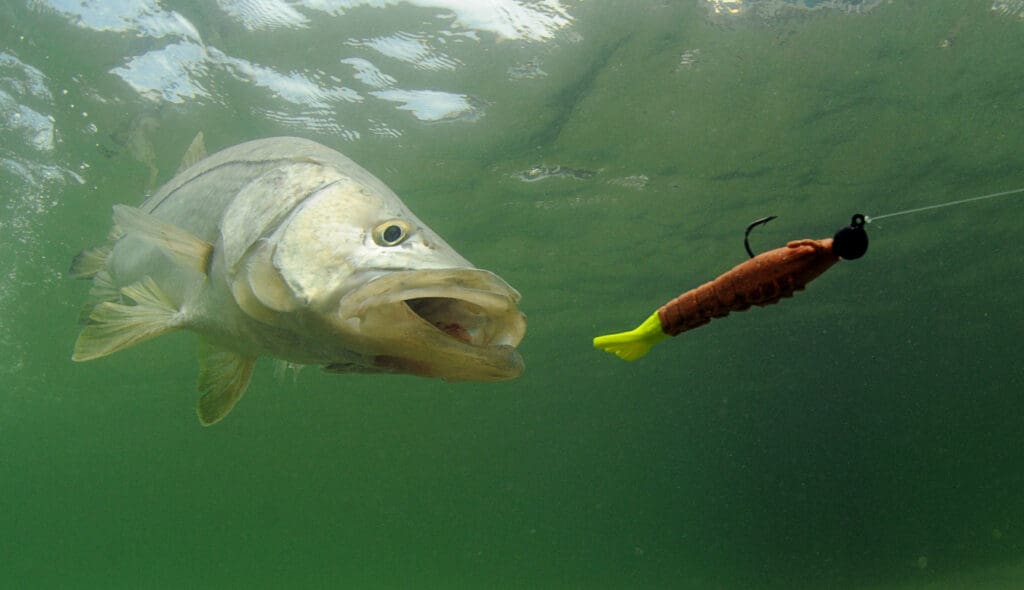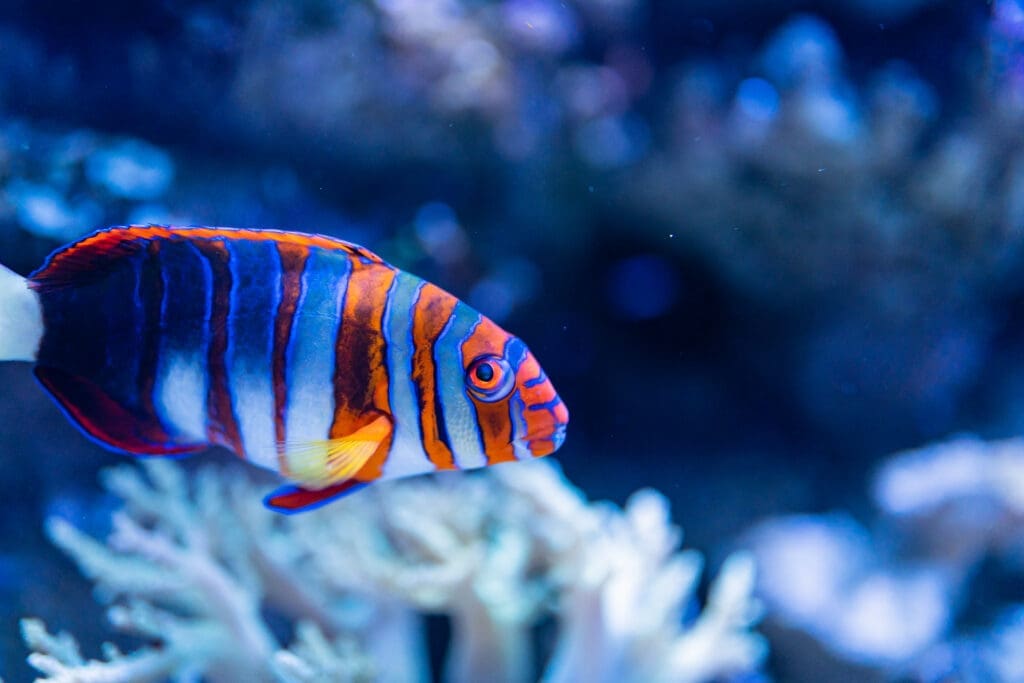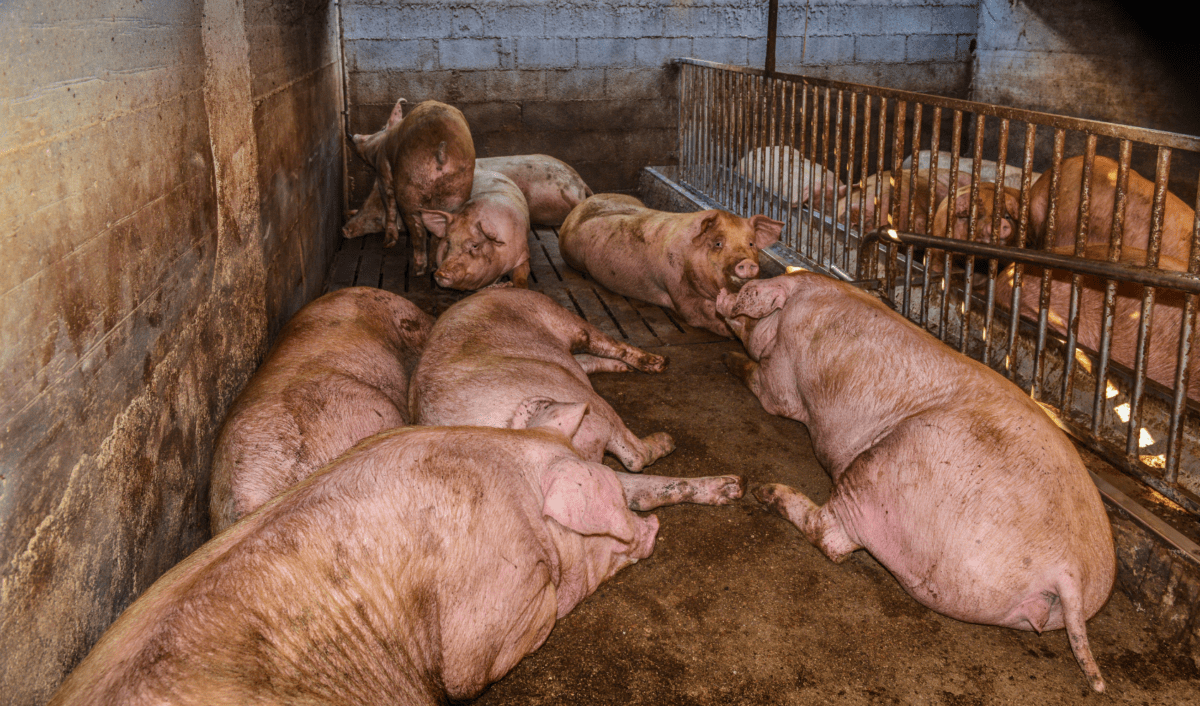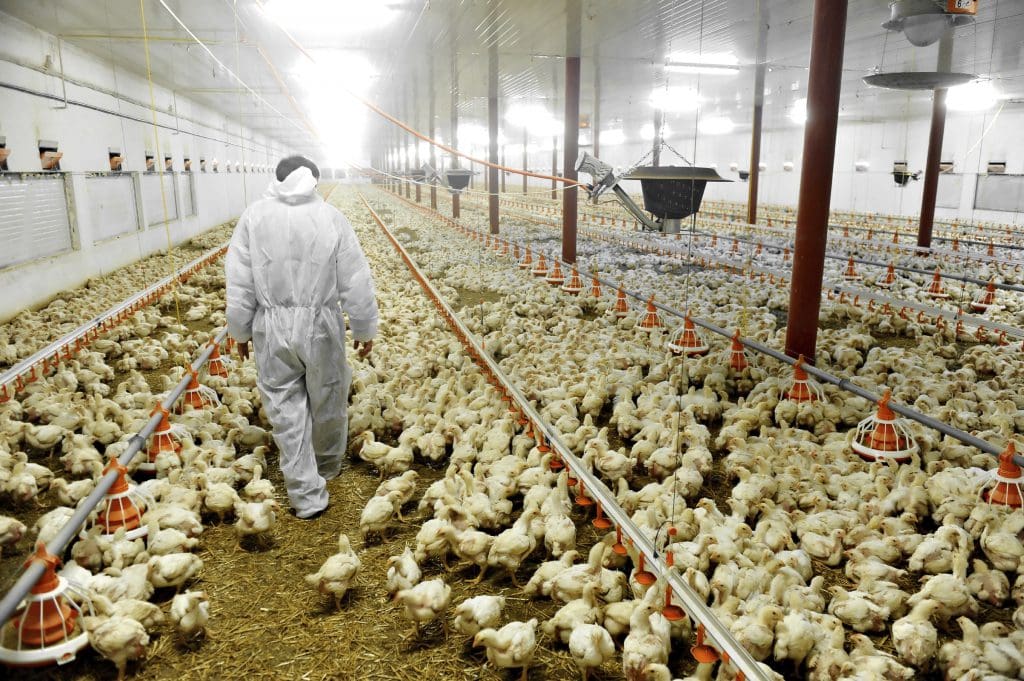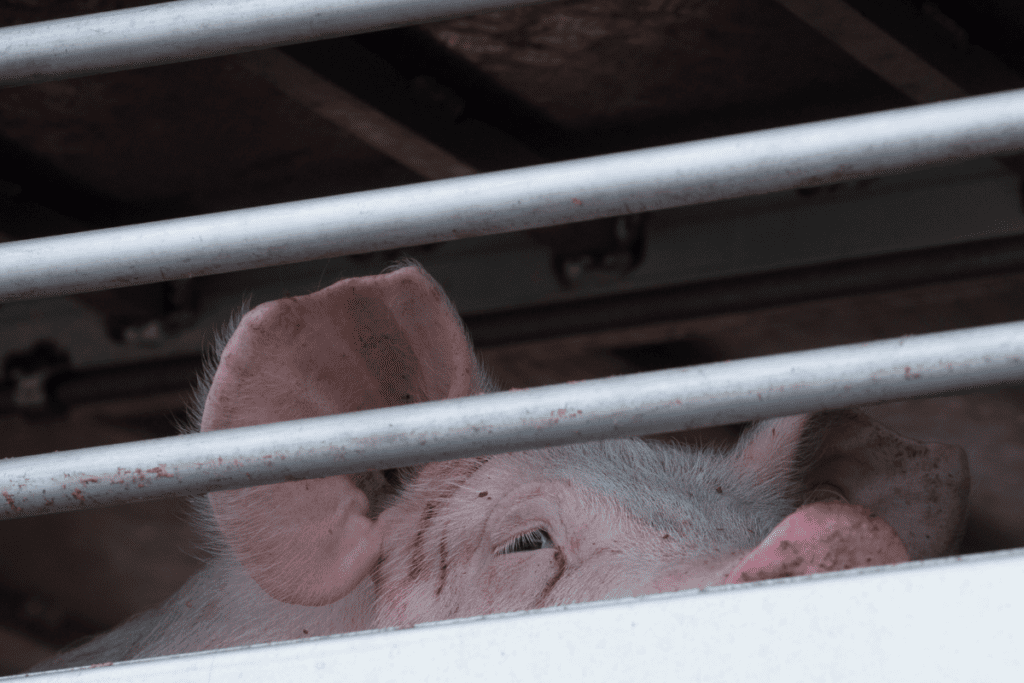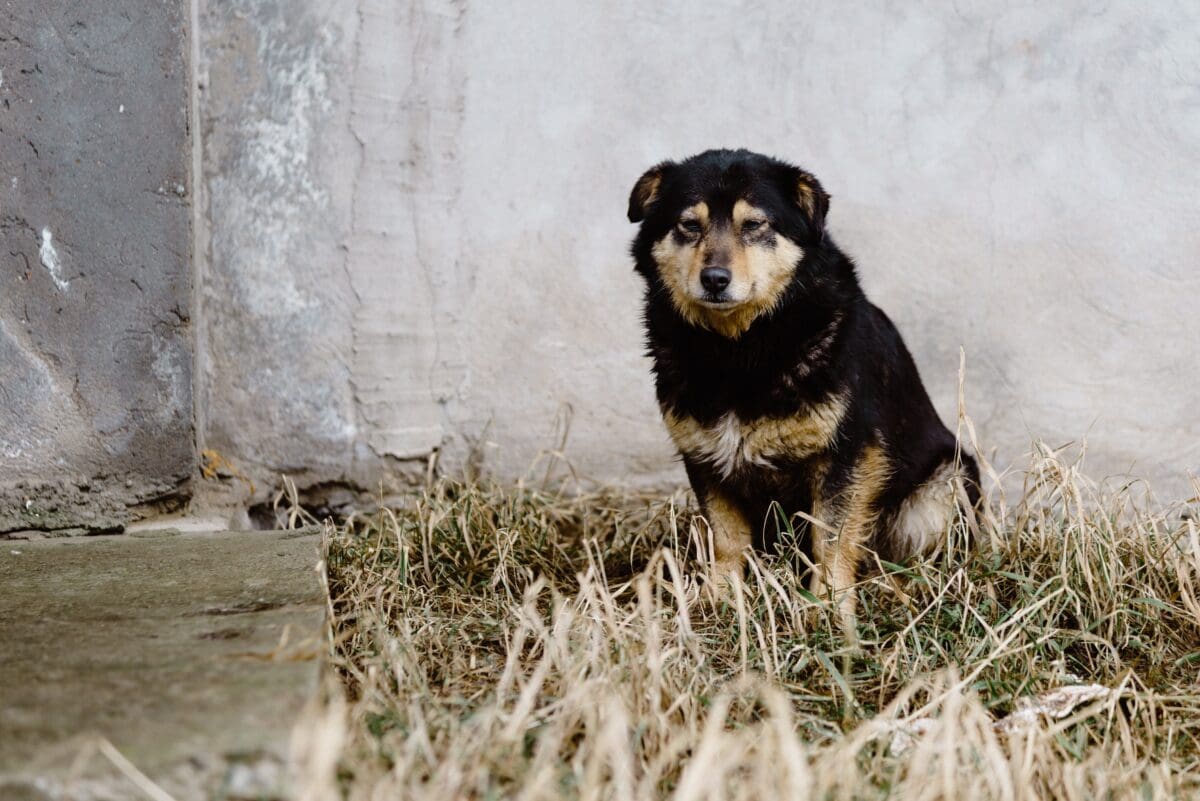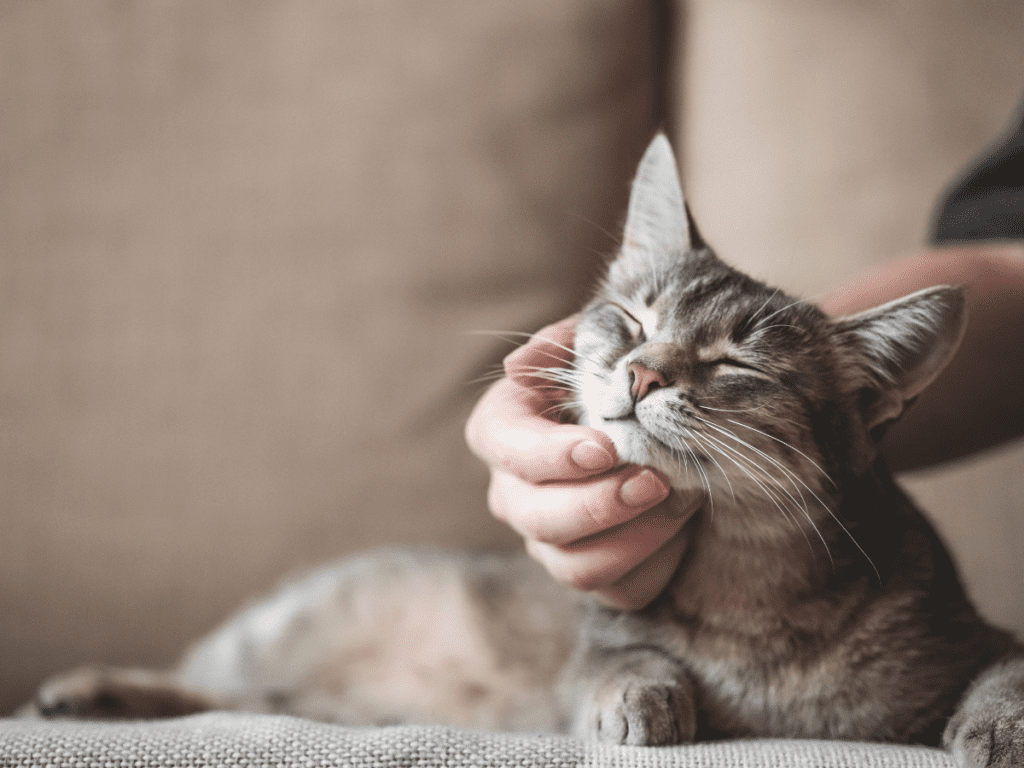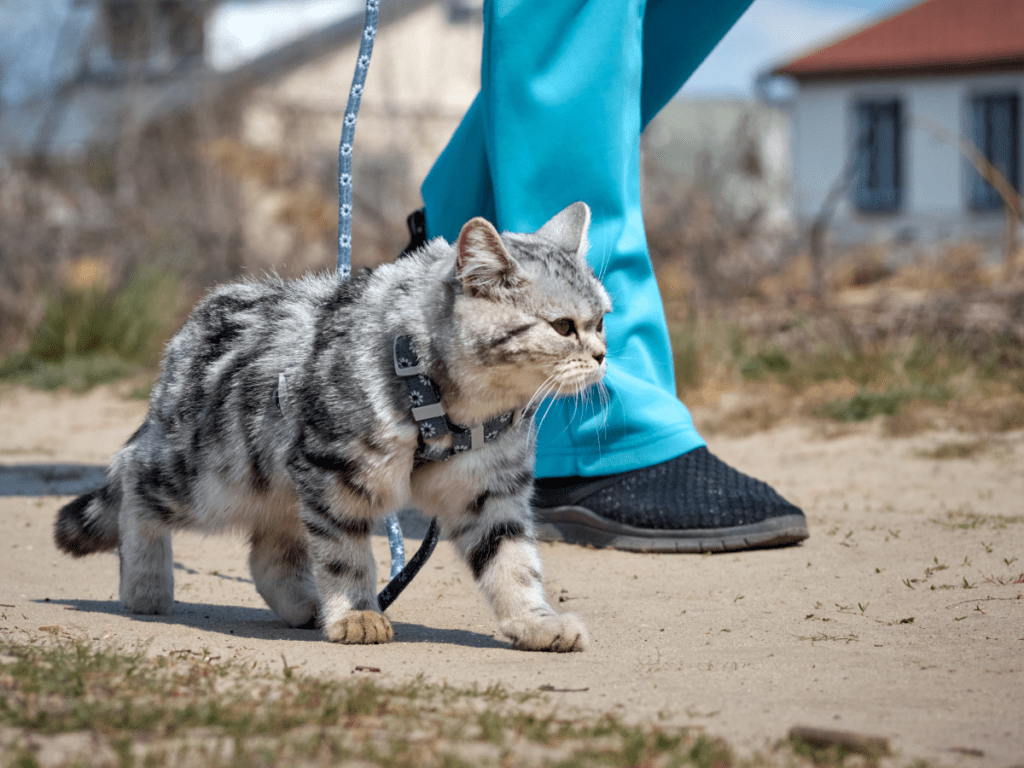Happy new year! As we celebrate and prepare to build on last year’s momentum for animals in 2024, here is a look back on some of the incredible achievements that animal allies like you made possible last year.
Watch the video
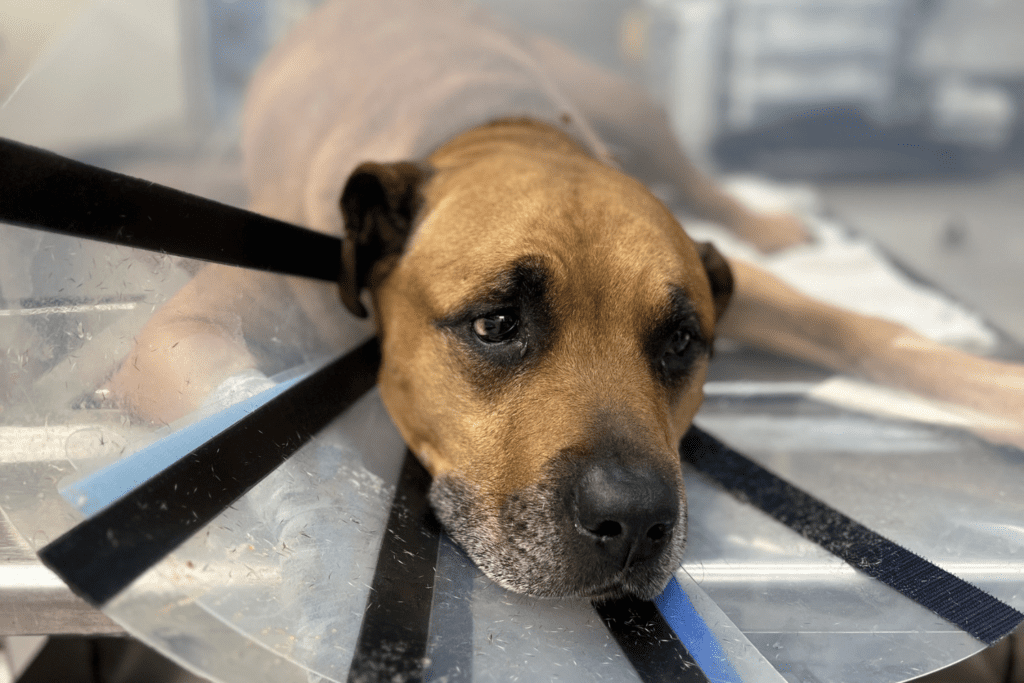
Making life better for pets
Hundreds of pets received life-saving care
With rising costs of living and a rescue system struggling to meet the needs of animals, programs that keep loved animals in their homes are more essential than ever. Supporters from the community generously helped 580 animals to receive life-saving veterinary support through the VHS’s McVitie Fund.
Beloved companion animals like Arlo, who was diagnosed with a life-threatening liver condition called hepatic lipidosis, received the care they need and returned safely to their families thanks to donations from animal lovers like you.
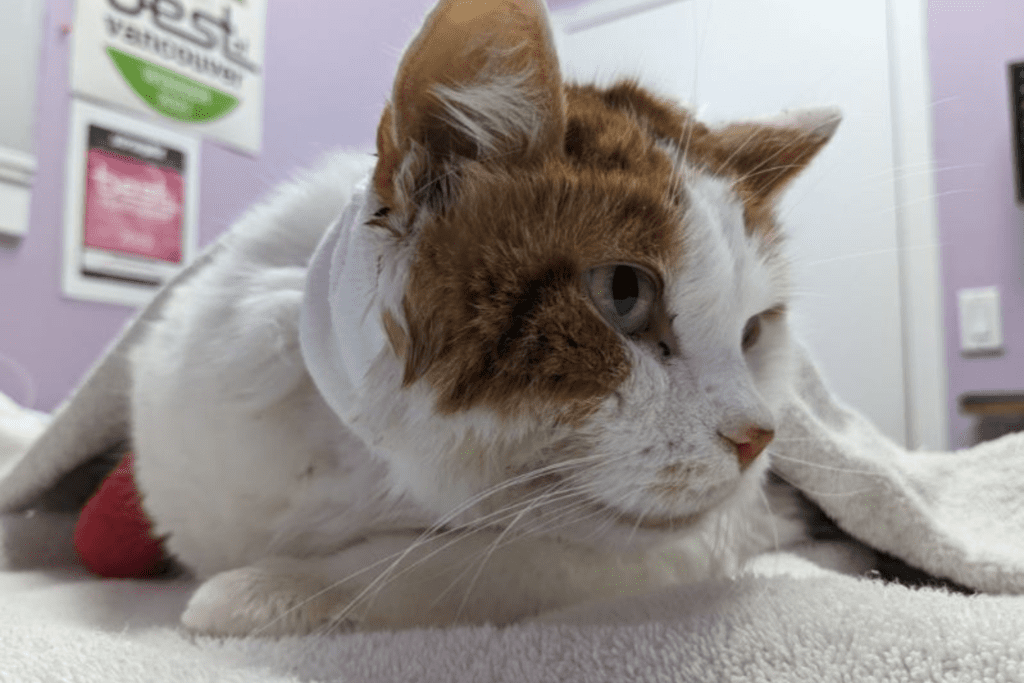
Helping People and Pets in Crisis helped families with pets find housing
The VHS’s Helping People and Pets in Crisis program helped 143 animals to access preventative care such as spays, neuters, and vaccines. These procedures enabled them and their 120 guardians to access stable housing where they could be safe and together.
Outreach helped pets in Vancouver’s vulnerable communities
At the VHS’s annual Because They Matter event, staff and volunteers met in Vancouver’s Downtown Eastside community to share veterinary support resources, pet toys, leashes, harnesses, blankets, and more essential supplies with animals and their guardians who spend their days on the streets. The team handed out about 400 pamphlets and thousands of pet supplies over the course of the day!
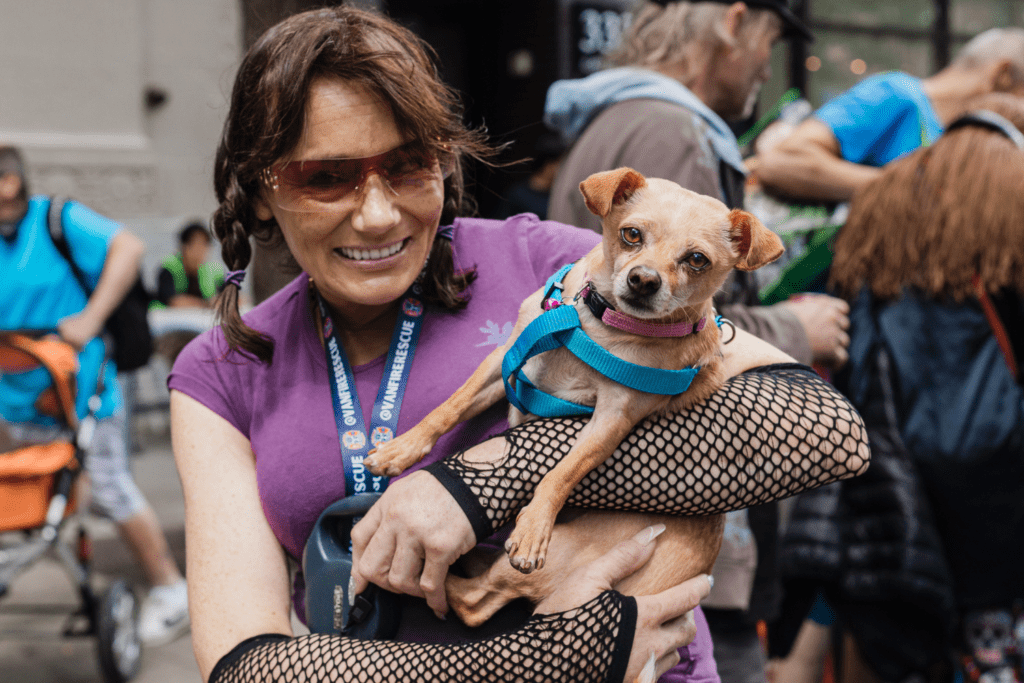
The McVitie team also connected with pet guardians living on a low income at Pet Fair for People Care events by Community Veterinary Outreach.
Training helped organizations meet pet guardians where they are at
The VHS’s training program helped organizations across Canada meet animal guardians where they are at with trauma-informed, culturally safe care. The program welcomed 805 attendees through online courses, the team met nine organizations for face-to-face workshops, and live webinars reached 137 attendees!
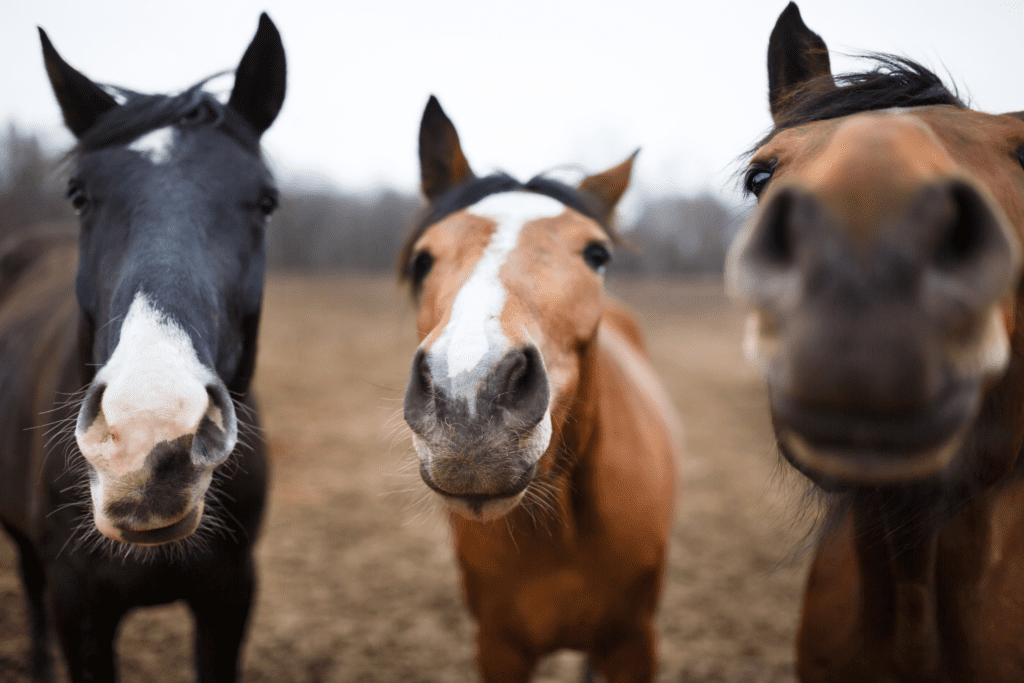
Speaking up for animals in entertainment
Saying no to horse racing
Last year, the VHS and supporters spoke out against the use of horses in dangerous racing events after a serious of fatal incidents at Hastings Racecourse. Concerns from the VHS were covered in 19 media outlets including Global News, City News Vancouver, The Aldergrove Star, and Victoria News. An opinion piece was published in the Daily Hive to raise awareness about the dangers posed to racehorses and to call on Vancouverites not to attend racing events.
The VHS also shared a pledge to say no to horse racing, which was signed by more than 860 people.
Standing up for animals used in the Calgary Stampede
VHS supporters rallied against rodeo cruelty in 2023! More than 15,000 people visited the RodeoTruth.com website, building on the momentum of last year’s awareness campaign. More than 1,800 people took the pledge to #SayNoToRodeo and the chuckwagon races at the Calgary Stampede.
2023 marked the 100th year of chuckwagon racing at the Calgary Stampede, which meant the races were featured prominently in media and event promotion. The VHS raised concerns about dangerous and inhumane races in the Daily Hive. Following a chuckwagon incident that resulted in yet another horse death, the VHS’s response was covered in outlets including Global News.
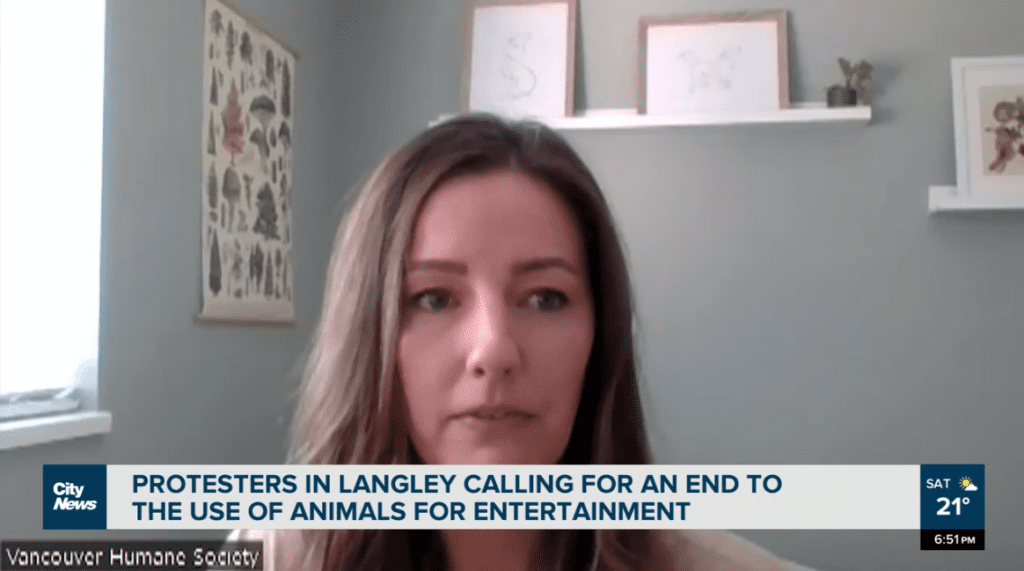
Opposing inhumane rodeo events in B.C.
In 2023, the Province of B.C. offered nearly $800,000 in taxpayer dollars to events that included rodeos. The VHS published two opinion pieces raising concerns about provincial funding for rodeos, “It’s time to stop using taxpayer money to fund inhumane events” and “Taxpayer money should NOT be funding rodeos in BC“.
The VHS also released concerning footage following the province’s rodeo season, which revealed stressed animals and rough handling. Some of this footage was featured in a VHS piece published in the Daily Hive entitled “A stressful and fear-filled glimpse into an animal’s first rodeo“.
Public opposition to rodeo is growing in B.C.—65% of residents are opposed to the practice, and advocates continue to hold protests at controversial rodeo events.
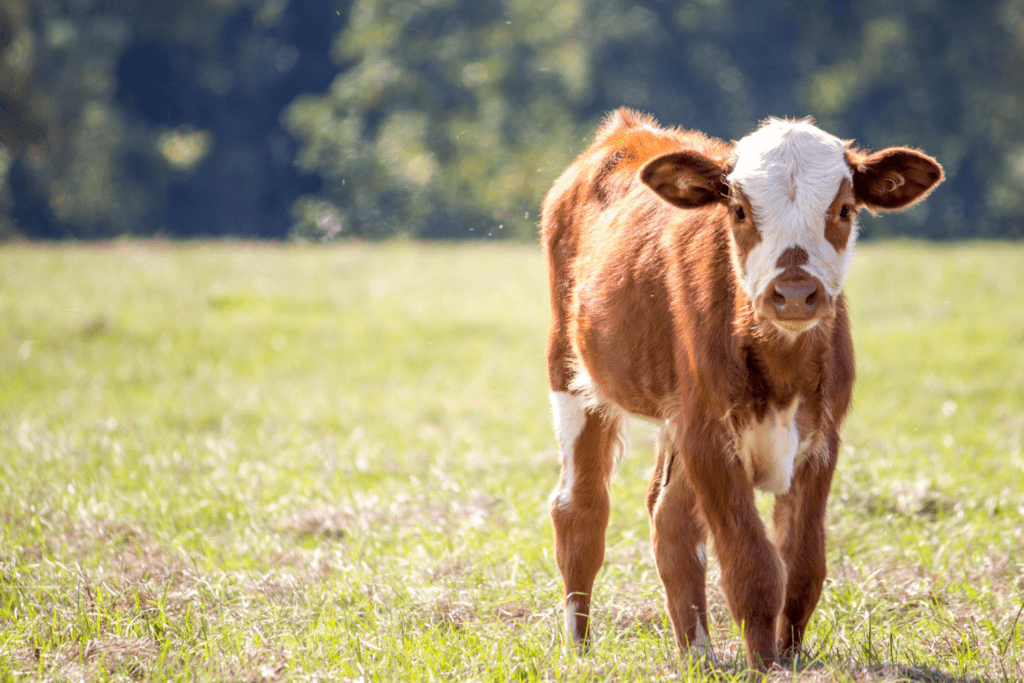
A win for animals in Port Moody!
More than 8,000 advocates signed the VHS’s actions calling for an end to provincial funding of rodeos and for municipal bans on inhumane rodeo events.
The City of Port Moody responded to the public demand for change, with City Council unanimously voting for a bylaw prohibiting events including bucking, roping, wrestling, and mutton busting!
Port Moody joins the City of Vancouver and District of North Vancouver in introducing rodeo bylaws to protect animals.
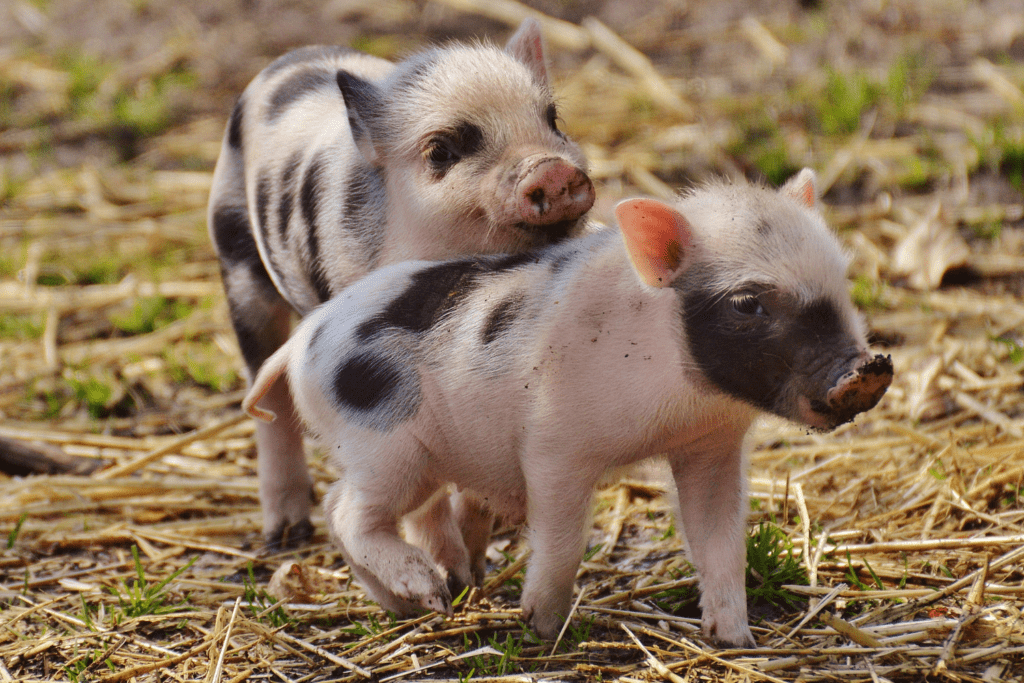
Protecting farmed animals
Calling for transparency for farmed animals
A number of undercover investigations last year found horrific suffering on farms and in slaughterhouses in B.C. Advocates took strong action speaking out against this treatment of animals, with more than 8,500 supporters demanding that the B.C. government introduce greater protections including video surveillance, unannouced inspections, and meaningful penalties for industry stakeholders found guilty of cruelty.
Another 4,000 allies used the VHS’s quick action tool to oppose Bill C-275, a federal “ag-gag” bill which would criminalize whistleblowers and undercover investigators who expose animal cruelty or welfare issues on farms. You can read more about concerns with this bill in a joint piece written by the VHS and Animal Justice, “New bill would silence those who shed light on animal cruelty“.
New Dairy Code of Practice released
In 2022, the VHS and other animal organizations across Canada spoke out for animals during a consultation period on the National Farm Animal Care Council’s (NFACC) Dairy Cattle Code of Practice, which provides guidelines for the care of dairy cows on farms across Canada, and shared tips on how to call for much-needed improvements during the public comment period.
Thousands of animal advocates and concerned consumers responded, and the Code received a record-setting 5,800+ comments! The strong public response during the public consultation prompted some positive changes to the new Code released in 2023, including stronger restrictions around abusive handling, changes to housing models, and a ban on branding. However, the VHS continues to draw attention to several areas of the Code which still fall short of expectations through messages like an opinion piece published in The Province.
Working to end live horse exports for slaughter
The VHS team was hard at work raising awareness and opposition of the cruel live horse export industry. The VHS Partnered with Canadian Horse Defence Coalition (CHDC) President Sinikka Crosland to release an episode of The Informed Animal Ally, submitted a letter with animal organizations nationwide that led to a meeting with government officials, and shared a quick action supported by more than 6,714 supporters!
Thanks to the efforts of advocates across the country, 2 bills have been introduced to ban the industry!

Giving Tuesday donors helped farmed animals today and in the future
On Giving Tuesday, the VHS partnered with The Happy Herd Farm Sanctuary to raise funds for vital animal supplies to care for rescued animals in a loving forever home, life-saving veterinary support, and advocacy to create meaningful changes for animals. Kind animal lovers supported animals through both organizations by donating or shopping at participating businesses, and donations were matched by generous sponsors including Panago Pizza, Vicky Reshetylo, Fraser Hall, and Spearhead Trucking Company.
Allies like you helped to raised a record-breaking $23,500 to help animals! This is enough funds:
- …to cover food for all the cows of the Happy Herd for eight months
- …AND for fourteen vet visits to the Happy Herd
- …AND to cover food costs for all 22 goats at the Happy Herd for six months
- …AND for lifesaving tests for 35 pets in need through the VHS’s McVitie Fund
- …AND to reach 156,922 animal allies to advocate for meaningful policy changes that will improve animal lives!
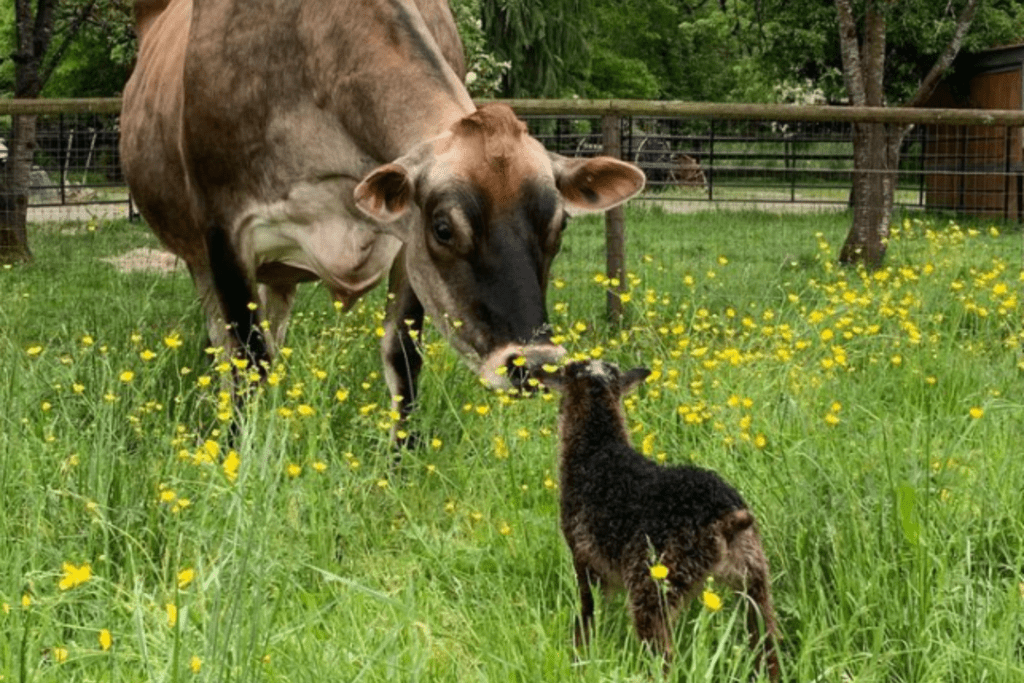
Plant-based advocacy protected animals by putting more plants on people’s plates
The VHS’s Plant University team was hard at work last year making plant-based eating more accessible and sharing information on how to make simple, compassionate changes.
The VHS released polling results that reveal plant-based eating is becoming more popular in the Lower Mainland. This poll also informed an impact report which outlined how one person can save money and reduce their environmental impact by transitioning to a plant-based diet. The report was covered in 23 media outlets including the Canadian Geographic and Kamloops Now, and the VHS was invited to speak about it at an event held at UBC Robson.
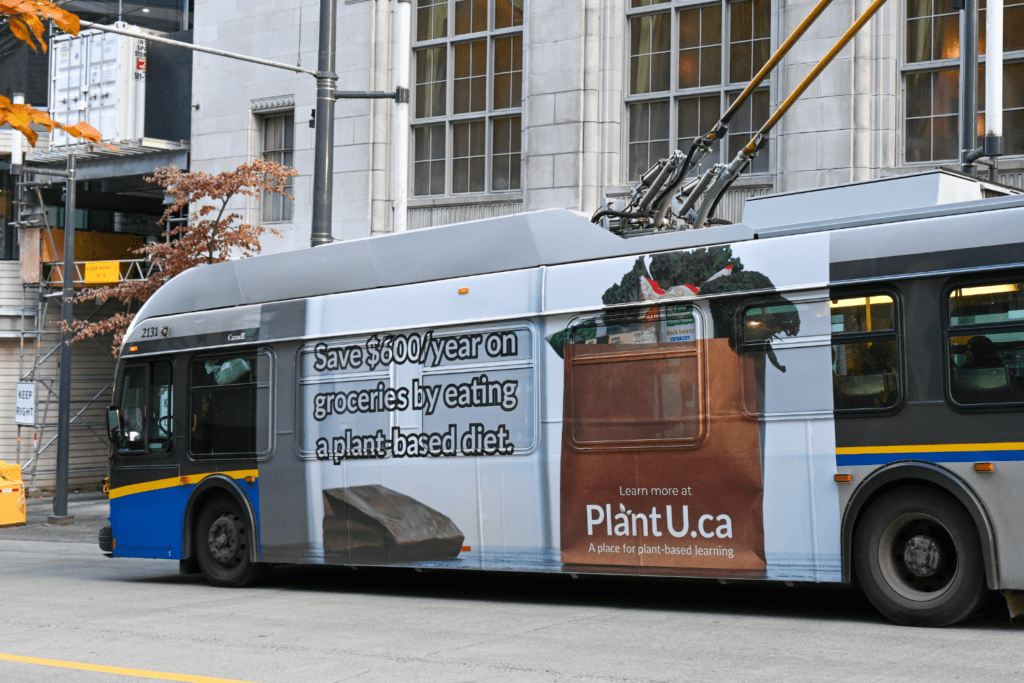
Plant University reached more people with information about plant-based eating! Messages about saving money and reducing land use and emissions were shared through radio ads, billboards, and bus ads. The team also developed a toolkit to help students learn about plant-based eating and shared a translated plant-based beginner’s guide to reach Punjabi speakers. This information reached more than two million people!
A kinder future for all species
Thank you for helping animals in 2023! Your support will help to create a kinder, more humane future for animals. Can you keep the momentum going by taking action on the current campaigns to end animal suffering or making a donation toward vital animal programs and advocacy?

